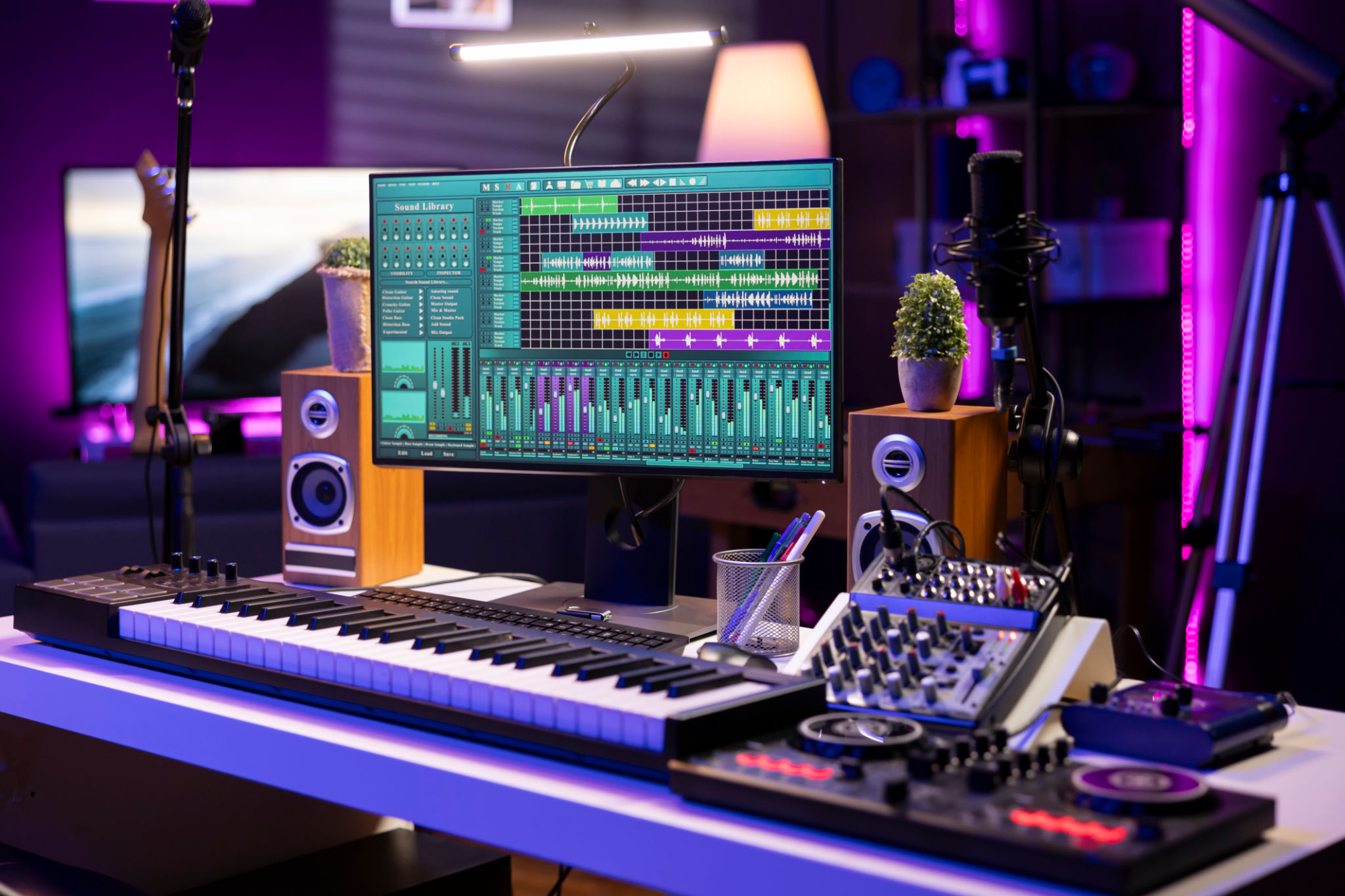The Evolution of Sound Engineering in Lisbon: Past, Present, and Future
PP
The Early Days of Sound Engineering in Lisbon
Lisbon, with its rich cultural tapestry and profound musical heritage, has long been a hub for artistic expression. The early days of sound engineering in Lisbon were characterized by rudimentary techniques and passionate experimentation. In the mid-20th century, as radio stations began to flourish, sound engineers found themselves at the forefront of capturing and broadcasting the vibrant sounds of the city. These pioneers laid the groundwork for a dynamic industry that would continue to evolve over the decades.
During this time, makeshift studios popped up across the city, often housed in modest basements or repurposed rooms. Engineers relied heavily on analog equipment, which required a deep understanding of acoustics and a keen ear for detail. This era was marked by a hands-on approach, where creativity often compensated for the lack of advanced technology.

Technological Advancements and Increased Professionalism
As technology advanced in the latter half of the 20th century, Lisbon saw a significant shift in its sound engineering landscape. The introduction of digital equipment revolutionized the industry, providing engineers with more precision and flexibility than ever before. Studios began to invest in cutting-edge technology, and this shift was accompanied by a rise in professional training and education for aspiring sound engineers.
With these advancements, Lisbon became an attractive destination for international artists looking to record their music. The city's engineers gained recognition for their ability to blend traditional Portuguese music styles with modern genres, creating unique and compelling sounds that resonated on a global scale.

The Present State of Sound Engineering in Lisbon
Today, Lisbon's sound engineering scene is a vibrant mix of tradition and innovation. The city is home to numerous state-of-the-art recording studios that cater to both local and international artists. Sound engineers in Lisbon have embraced digital technology, using sophisticated software to manipulate and enhance audio in ways that were unimaginable just a few decades ago.
Moreover, the rise of independent music production has allowed a new generation of engineers to emerge. These individuals are often self-taught and operate from home studios, contributing to a diverse and eclectic music scene. The democratization of sound engineering has opened the door for fresh talent and innovative approaches to music production.

The Future of Sound Engineering in Lisbon
Looking ahead, the future of sound engineering in Lisbon is poised for continued growth and innovation. As technology continues to advance at a rapid pace, new tools and techniques will emerge, offering even greater possibilities for sound manipulation and production. The integration of artificial intelligence and machine learning into sound engineering promises to revolutionize the way audio is produced and consumed.
Additionally, the increasing importance of sustainability in all aspects of life is likely to influence the industry. Studios in Lisbon are beginning to explore eco-friendly practices, such as energy-efficient equipment and sustainable building materials, to reduce their environmental impact.
Embracing Cultural Heritage
Despite these technological advancements, Lisbon's sound engineers remain deeply connected to the city's cultural heritage. The fusion of traditional Portuguese music with contemporary styles continues to be a defining feature of Lisbon's soundscape. This blend of old and new not only preserves the city's rich musical history but also ensures its relevance in today's global music industry.

Conclusion
From its humble beginnings to its current status as a leader in the global music scene, Lisbon's journey in sound engineering is a testament to innovation, creativity, and resilience. As we look to the future, it is clear that Lisbon will continue to be a city where sound engineering thrives, driven by both technological advancements and a deep-rooted passion for music.